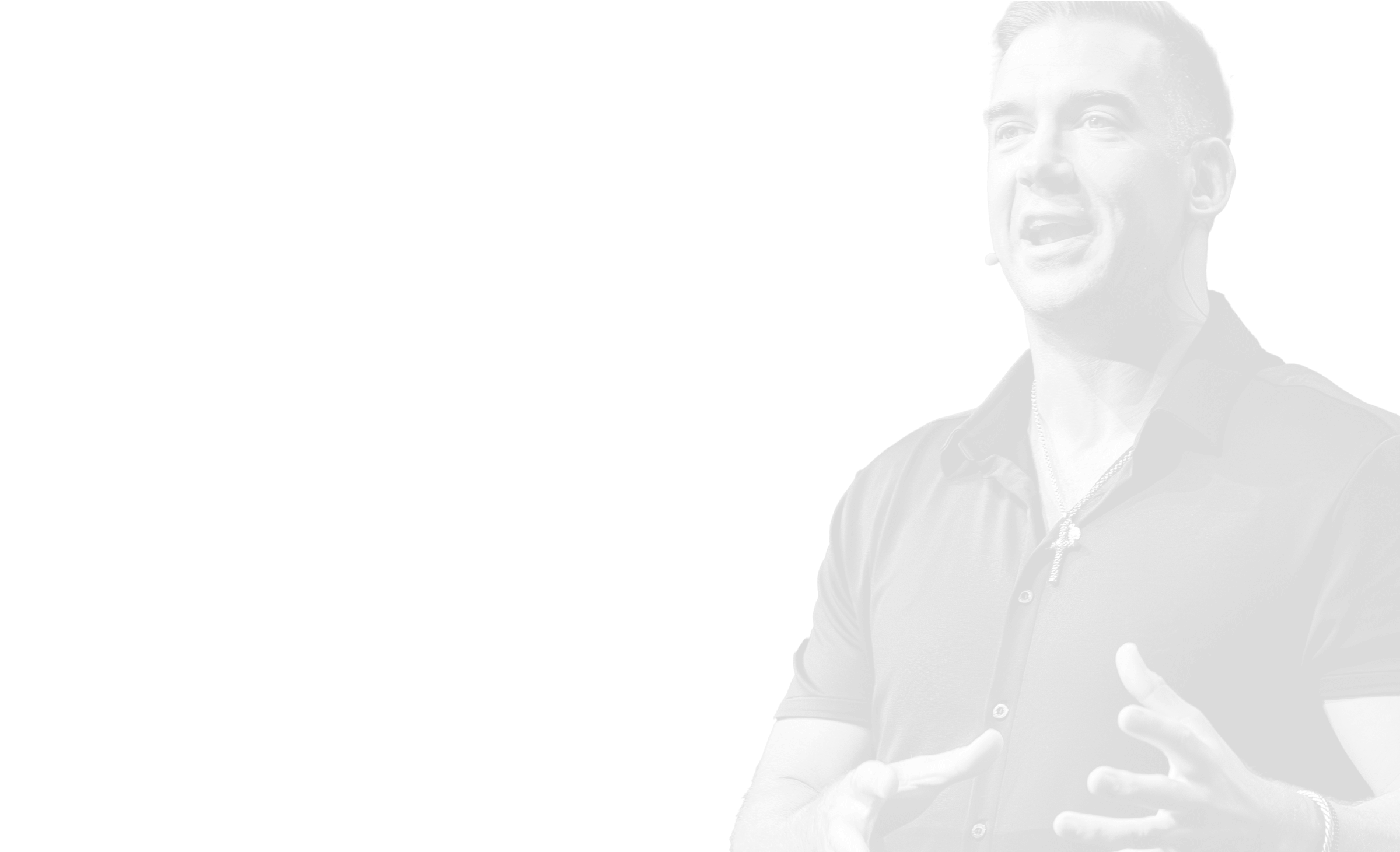Do you choke under pressure?
We all have those moments in our lives when we find ourselves not performing to our fullest potential. We experience a moment of pressure and choke even though we trained and trained for the event.
It’s so easy for us to overthink in a situation that we’ve practiced for. Have you ever found yourself stumbling over your words during a meeting because you were too focused on your delivery? Have you ever become so aware of your form during an athletic event that you failed to perform effectively?
If you’re answer’s “yes,” then you’re going to want to keep reading.
For today’s episode of School of Greatness, I talked to an expert on choking under pressure, Dr. Sian Beilock. She’s a master of explaining the science behind choking and overcoming it by changing your internal narrative and by practicing your skills in uncomfortable situations. If you’ve struggled with pressure (and honestly, haven’t we all?) then this episode is for you.
Who Is Dr. Sian Beilock?
Dr. Sian Beilock is a celebrated cognitive scientist. She’s received numerous awards including the Outstanding Early Career Award from the Psychonomic Society and the Troland Research Award from the National Academy of Sciences. She’s published over a hundred papers in her field of study and gave a TED talk on choking under pressure. She is also the current president of Barnard College in New York City
Her book Choke: What the Secrets of the Brain Reveal About Getting It Right When You Have To is all about the science behind what causes us to choke under pressure. She was also in the Olympic Development Pool for Soccer, so she knows all about the common problem of athletes choking under pressure and being unable to perform despite their rigorous training.
I thoroughly enjoyed my conversation with Dr. Beilock. Her scientific explanations for why we choke were fascinating and helped me better understand the role our brains play in success. Her practical advice for overcoming stressful situations helped me thrive in uncomfortable moments, and her advice will help you, too!
Choking Under Pressure
We began the interview by discussing common circumstances for choking under pressure and what exactly happens when someone chokes. Dr. Beilock defines choking as doing a “worse performance than you would expect, given your skill level.” She described the process that occurs internally when the “choking” feeling occurs:
“You become like really hyper-aware, and you just can’t perform as well. So you can’t remember that fact from school, or you start thinking exactly about how you’re going to throw the ball. And we know that when you get really good at something, it often operates outside of conscious awareness, and you can actually mess yourself up by thinking too much … And what happens in these situations when you’re just really aware that everyone’s watching is you start trying to control what you’re doing in a way that’s just really disruptive.” – Dr. Sian Beilock
Our brains get in our way because we overthink the action that we’re doing — which prevents us from performing effectively.
Even if you’ve trained hard for the task that you’re going to do, the fear of failure can disrupt your ability to perform well. It arises from worrying about the situation and the potential consequences the situation potentially has. One example that I’m incredibly familiar with involves sports. I used to see people train hard but then perform poorly because of the pressure of possibly losing or failing in their athletic careers.
Dr. Beilock explained that the fear occurring in the moment of choking can result from a past association causing fear in the moment, or it can be something in the present, like realizing that something important is on the line. You can also feel that fear leading up to the situation:
“… often it’s not actually in the moment as much as it’s before. Like it’s the ‘what if’s like, ‘What if something happens?’ Like how many times have you spent the night before you have to do something important worrying, and then you get there, and you can do it, right? But it’s that, sort of, it is the ‘what if’ that’s replaying what’s going to happen. And we actually can see that in the brain.” – Dr. Sian Beilock
The “choking” feeling can be detrimental to our success in a variety of areas in our lives. It can prevent you from communicating effectively — which can impact your social life and career, and it can prevent you from acting effectively in a crucial moment. It’s critical for our success to overcome choking, but how do we do it?
Changing the Narrative About Ourselves
We can combat the pressure and fear of failure that results in us choking by changing our narratives about ourselves. It’s as simple as that. Dr. Beilock observed that our internal voices can be both a harmful and helpful tool for performing under pressure.
“I think I can say that like that inner voice can be really mean to ourselves. And so … part of it is just having compassion to yourself, stepping back a little bit. There’s even research showing that if you talk to yourself in the third person like if I say, ‘Sian, it’s okay. Think about what you’re going to do. You’ve done this before,’ it kind of separates you, and you’re better able to get some perspective. So think about talking to yourself like you would build up a good friend, right? Instead of how you kind of beat yourself down.” – Dr. Sian Beilock
If we build ourselves up, then we can perform to our fullest potential in the moment rather than letting ourselves succumb to choking from the pressure and fear. Dr. Beilock recommends re-framing your narrative from either self-talk or journaling.
“So there’s lots of research that shows that getting your thoughts down on paper can kind of download them from mind so that you’re less likely to pop up and dwell on them. We often get this like rumination, this recursive, ‘Oh, what if I don’t do well? This is going to happen.’ And you make yourself feel really bad without anything actually having happened.” – Dr. Sian Beilock
If you journal your insecurities and fears, you won’t continue the cycle of dwelling on them and letting them hurt your performance. You’ll get them out of your head and create space for a better, more empowering narrative.
Another tool we discussed for shifting our internal narratives is visualization. Visualizing what we want to accomplish helps us shape the positive internal narrative so that we can achieve what we’re striving for.
“When you watch someone do an action … the way you understand that is through motor areas of your brain. Like you were doing it yourself. And so watching them and then physically practicing [and] watching again is training your brain, essentially, to be able to succeed.” – Dr. Sian Beilock
When I was in college, I used visualization to pole vault. I’d imagine myself being able to overcome the bar every night before I went to sleep. I combined this with practice, journaling, and positive self-talk to eventually overcome the bar. It took both the physical training and believing that I could accomplish it to achieve it successfully.
There’s a balance between the mental and physical when it comes to success. You physically train, but you mentally develop the narrative that your training and practice will pay off, and you will succeed. Focus on why you should succeed rather than the possibility of failure!







